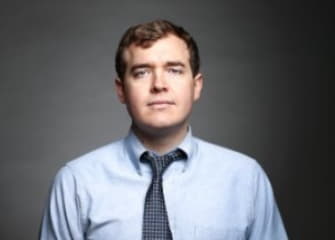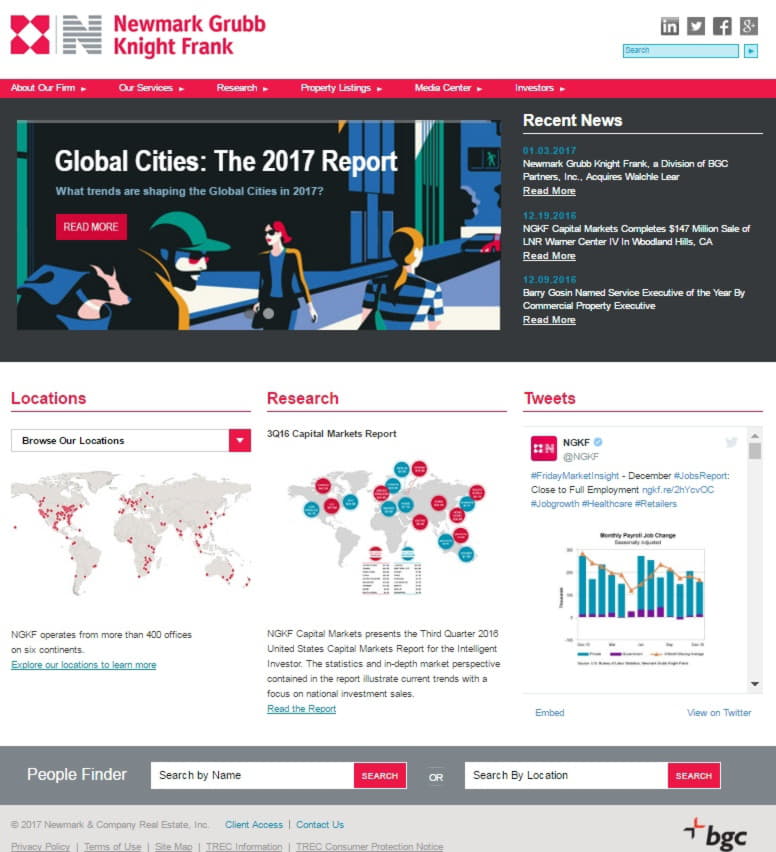
Christopher Wink
Click here for Part I, Part III, Part IV & Part V
In 2009, Christopher Wink joined hands with two other fellow undergrads in starting a tech blog that has morphed into Technically Media, which today publishes local tech news and runs events networks in five U.S. cities, all on the East Coast.
Wink wears multiple hats – as a journalist that of the ultimate pessimist, and as an entrepreneur that of an eternal optimist. This dual role has defined both Technically’s journalism as well as its business, as he bids to build a sustainable media company.
“We want to go somewhere because we think we can have impact not because it looks pretty on a map. I think our footprint can expand under the logic that we are doing it for the right reasons and I am a naïve believer in the long-term benefit of doing what is right,” Wink, who studied political science at Temple University, told
citybizlist in an interview.
“I do not talk about months I talk about years. I probably have since I was eight years old. I am not interested in short-term impact. I do everything forever,” he added.
Wink also runs the social impact site Generocity.org and sits on the boards of on the nonprofit youth coding program Coded by Kids, the project-based Workshop School, and the Pen and Pencil Club.
EDWIN WARFIELD: What do you think distinguishes your entrepreneurial journey from that of many others?
CHRIS WINK: One of the many things I am proud of is how many decisions we make that are unlike other people's decisions who have gone through the pathways that we have. I think we are really good at not being distracted by shiny things. We have a very clear pathway on what we want to execute on and we consistently deliver on that. You look at our geographic footprint and it speaks to that a lot.
You are going to build a network of local sites in some form. If you look at peers, and others do it pretty commonly, you go to five predictable markets – New York, San Francisco, maybe you throw in Chicago, splash maybe in Atlanta or in Austin, just so that you can have a really pretty national-looking map. It is my experience that you are very likely to have less than meaningful value or impact in any of those communities because you spread yourself incredibly thin and you are operating under the wrong mechanisms. You are not going to a place that matters or that fits to your model, you are going to a place that looks good for investors or national advertisers or for your mom who you want to impress because of deep-seated childhood strange relationships or something.
Fortunately, I do not have any of those angsts. So, instead, we have always said we want to create density and the way we can do that is through self-identified niches, how people actually talk about themselves and clustering them near each other to increase the chance of serendipity or crossover, and that has pretty consistently worked out.
We were founded in Philadelphia, we had a footprint here. We are deeply proud of that. But we recognized really quickly that there were lots of similarities between other communities, communities that were talking about coalescing, communities of economic change, who wanted someone to not just talk about those who are best succeeding but to try to at least approach the question: How can any of this economic impact benefit more than those who are already privileged by it?
We started with the real constraint of wanting to be in communities that were nearby, both geographically but also ideologically. Baltimore, when we expanded there in 2012, was an expression of feeling that Baltimore was far more pure city than Philadelphia and often talked about. We had a lot of shared interest. They were beautiful and dynamic, and culturally significant cities that were incredibly indifferent to the rest of the world for lots of positive and essential reasons, and we learned an incredible amount of lessons there.
We were interested in Brooklyn because there was a New York tech community with 2.2 million people, with lots of deep-seated poverty alongside some of the most dynamic economic change on the planet. We did not feel like that anyone was really talking about the complexities. It was just a Brooklyn hipster narrative as opposed to one of the most culturally significant places in our country and what that economic change can mean.
The same thing was with D.C. when we expanded to D.C. We felt that conversation was dominated by conversations about just government tech, just Northern Virginia and, oh, maybe there are some kids thinking about a city that has had challenges and wants to be a part of solving that for communities that have longstanding impact. We approached it from the way of saying this is a place to live, this is a city that also has lots of meaningful cultural mainstays and need to think about its future. We wanted to be part of it and it runs true to Delaware as well. It is our only statewide publication. It was meant to be part of an experiment of seeing what a statewide effort would look like. Wilmington, its largest city with 75,000 people, is far smaller than others, a tenth of the size basically of the next smaller city, but outsized credit card and financial center, part of the state that has everything from agricultural communities to urban challenges. It was a lot more picture of what the United States looked like.
Probably a good way to sum up our choices around geography is based around depth. We want to go somewhere because we think we can have impact not because it looks pretty on a map. I think our footprint can expand under the logic that we are doing it for the right reasons and I am a naïve believer in the long-term benefit of doing what is right.
Connect with Chris on LinkedIn
Sponsored by:
ABOUT NEWMARK GRUBB KNIGHT FRANK
Newmark Grubb Knight Frank (NGKF) is one of the world's leading commercial real estate advisory firms. Together with London-based partner Knight Frank and independently-owned offices, NGKF's 14,100 professionals operate from more than 400 offices in established and emerging property markets on six continents.
With roots dating back to 1929, NGKF's strong foundation makes it one of the most trusted names in commercial real estate. NGKF's full-service platform comprises BGC's real estate services segment, offering commercial real estate tenants, landlords, investors and developers a wide range of services including leasing; capital markets services, including investment sales, debt placement, appraisal, and valuation services; commercial mortgage brokerage services; as well as corporate advisory services, consulting, project and development management, and property and corporate facilities management services. For further information, visit www.ngkf.com.
NGKF is a part of BGC Partners, Inc., a leading global brokerage company servicing the financial and real estate markets. BGC's common stock trades on the NASDAQ Global Select Market under the ticker symbol (NASDAQ: BGCP). BGC also has an outstanding bond issuance of Senior Notes due June 15, 2042, which trade on the New York Stock Exchange under the symbol (NYSE: BGCA). BGC Partners is led by Chairman and Chief Executive Officer Howard W. Lutnick. For more information, please visit http://www.bgcpartners.com/.


Edwin Warfield, CEO of citybizlist, conducts the CEO Interviews.
If you're interested in reaching CEOs, please contact edwin.warfield@citybuzz.co
Connect on LinkedIn
















